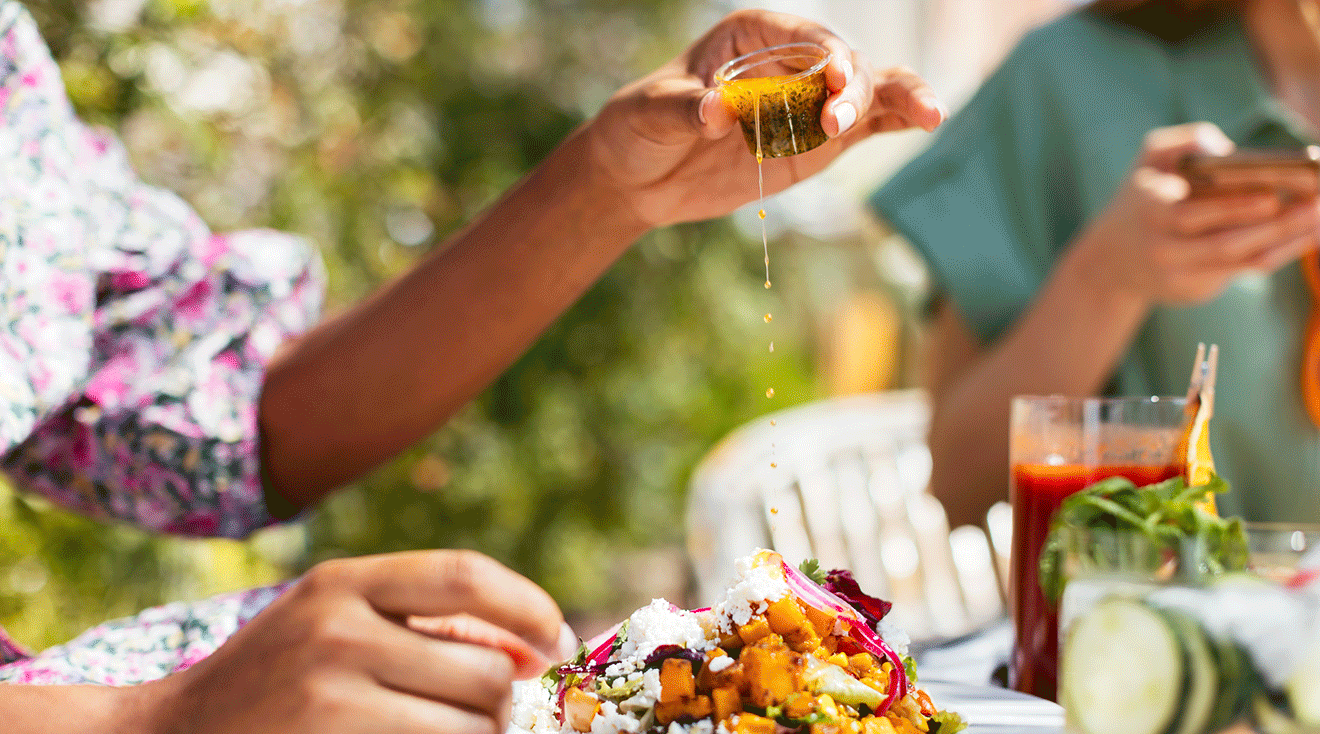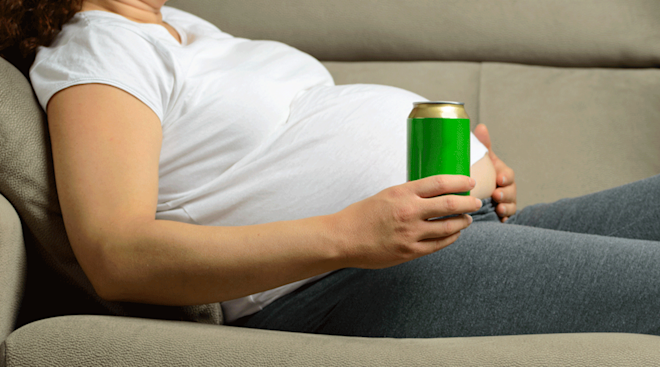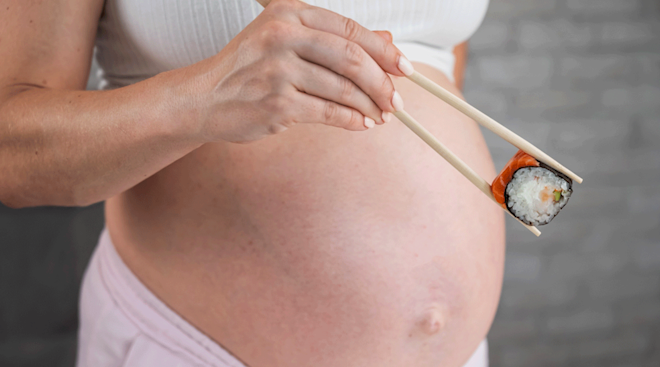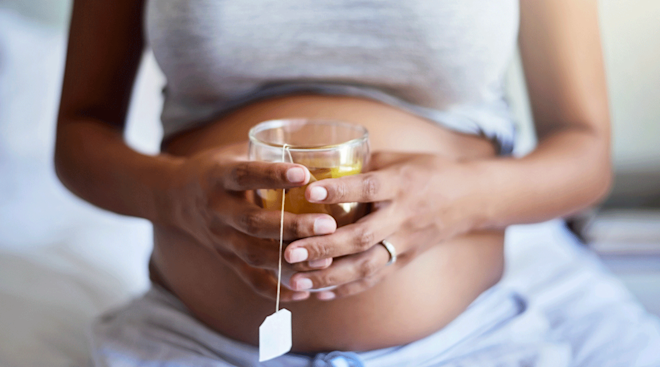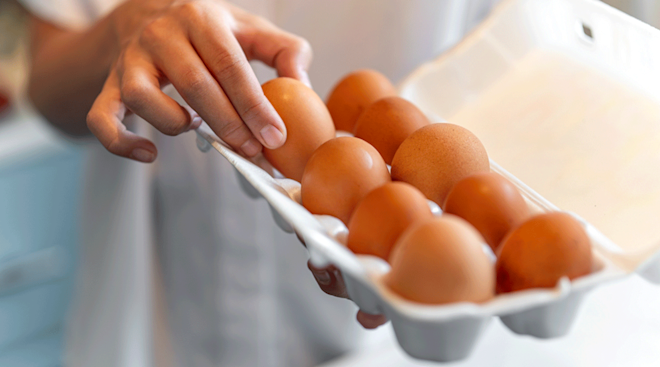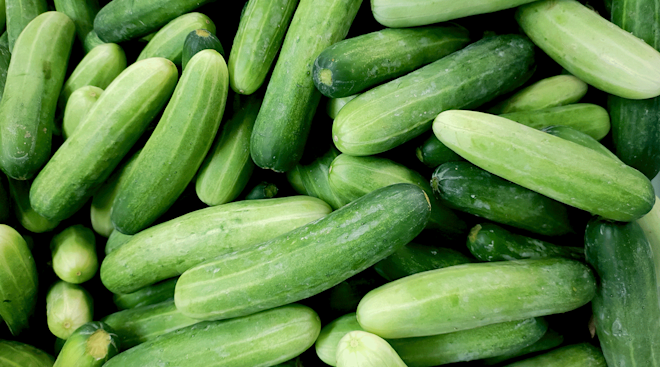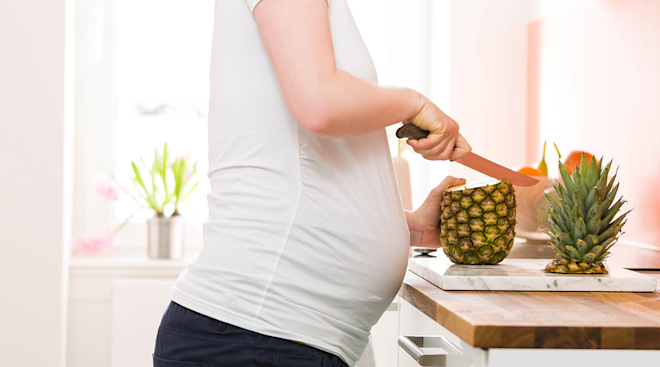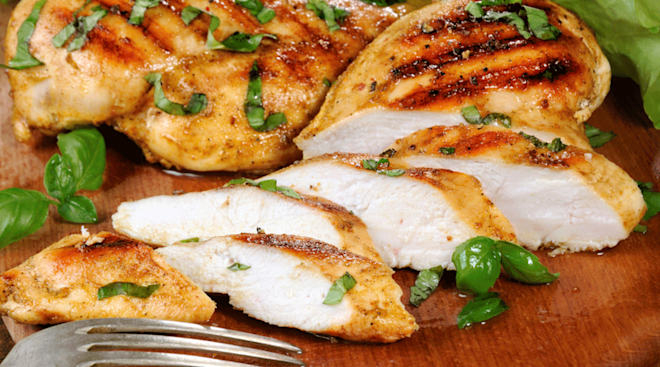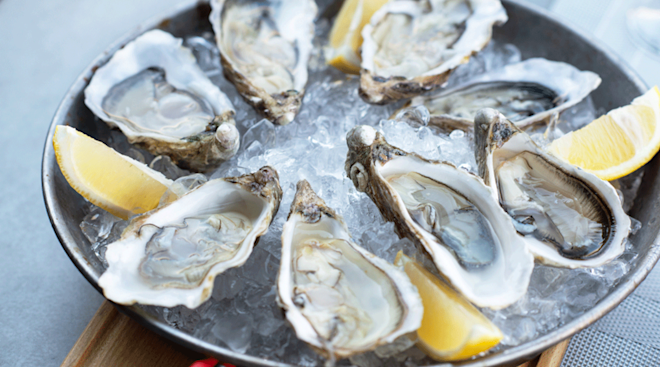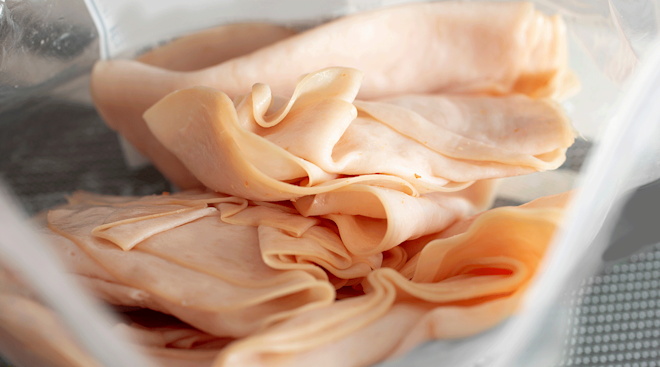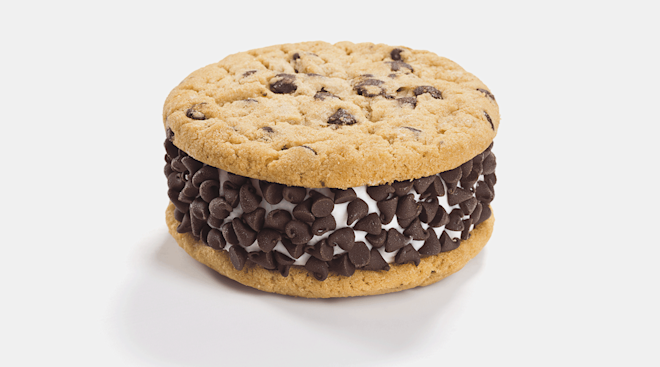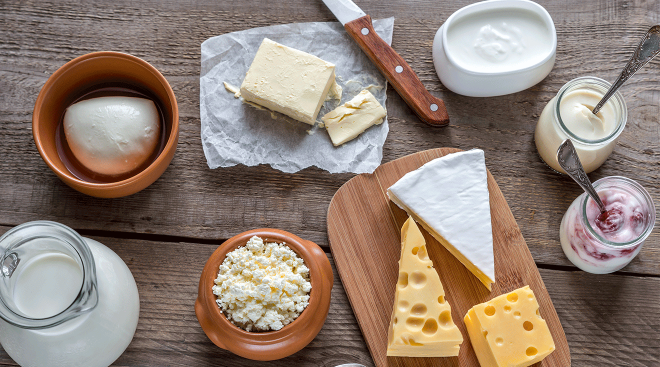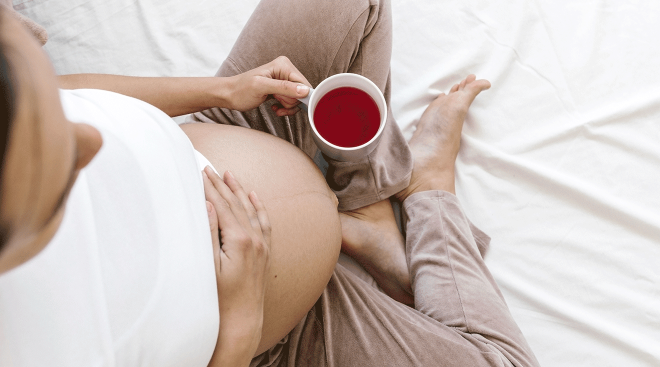Can You Eat Spicy Food While Pregnant?
Whether you’ve always carried hot sauce in your bag or only recently discovered a love of spice, you might be asking: Can you eat spicy food while pregnant? From concerns about early labor to tales of wild baby kicks, there are plenty of myths and anecdotes surrounding this topic. And with all the food you’ll need to avoid during pregnancy, it’s natural to wonder if spicy food is on that list. We spoke with experts to separate fact from fiction when it comes to consuming spicy food during pregnancy.
Although there’s been limited research on eating spicy food during pregnancy, plenty of moms-to-be and pregnant people enjoy their hot sauce and curry from time to time. So, is it safe to eat spicy food while pregnant? Generally, yes, says Lena Bakovic, MS, RDN, LDN, CNSC, a dietitian with Top Nutrition Coaching. “Most people can tolerate spicy foods if it’s their preference without difficulty,” she says. She adds that if you’re new to heat, make sure to take it slow—and it’s a great idea to drink plenty of water too.
Not only is eating spicy food during pregnancy generally safe, but there can be big benefits too. The compound capsaicin, often found in spicy peppers, has anti-inflammatory properties, which may be beneficial to Mom and baby’s immune function, says Bakovic. Skyler Jacobs, CNM, a certified nurse midwife with Modern Obstetrics and Gynecology of North Atlanta and founder of pregnancy blog Well & Worthy, also points to capsaicin for its mood-boosting benefits. Capsaicin and other spicy foods can also cause the body to release endorphins, aka “feel-good hormones.”
Plus, if spice makes your meals more enjoyable and adds flavor without added sugar, that’s a big nutritional win, says Ryann Kipping, MPH, RDN, LDN, a registered dietitian, and owner and founder of The Prenatal Nutritionist.
There are future benefits for baby too. Christine Greves, MD, FACOG, an ob-gyn at the Orlando Health Women’s Institute, says that when you eat spicy food during pregnancy, you’re potentially introducing baby to that flavor through the amniotic fluid. “Early experiences with flavors such as spicy foods might influence baby’s taste buds and form the foundation for accepting and preferring similar flavors later in life,” adds Kipping.
Just like when you ate spicy food before getting pregnant, you might experience some harmless, but less-than-pleasant digestive side effects with spicy food. These include heartburn, stomach upset or pain with using the restroom, says Jacobs, adding that “none of these symptoms are harmful to the pregnancy or developing baby.” Bakovic warns that if you have a condition like acid reflux (which is already pretty common in pregnancy!), your symptoms could get worse.
There are, of course, some situations when you should check in with your healthcare provider. According to Cleveland Clinic, if you have heartburn that wakes you up at night, have trouble swallowing, spit up blood, have black stool or are losing weight, you should talk with your doctor about your symptoms and a possible solution.
If you weren’t one to order extra-spicy takeout before but are craving it while pregnant, you’re not alone. Hormonal fluctuations can influence your pregnancy cravings—and your actual taste buds, explains Jacobs. So you might find yourself liking spicy food during pregnancy when you typically don’t. Plus, capsaicin’s feel-good nature could play a role, she adds.
People have long said that spicy food could help labor along, but there’s no actual research that supports this idea. “Spicy foods themselves cannot induce labor,” Jacobs says. However, she adds, the gastrointestinal side effects that may result from eating spicy foods can cause symptoms like diarrhea and the release of hormones called prostaglandins. “This gastrointestinal upset and release of prostaglandins may cause a woman to experience contractions—but these contractions are unlikely to be productive or progress into labor,” she explains.
Frequently Asked Questions
Are there any spices that should be avoided during pregnancy?
Again, some spices may cause uncomfortable symptoms like heartburn. But they generally won’t cause serious issues, says Kipping. “We don't recommend taking most herbs and spices in supplemental form during pregnancy, but all herbs and spices used in normal cooking amounts are safe, as are things like turmeric tea,” she says.
Greves reiterates this and advises caution with fennel and turmeric. “Regular use of fennel supplements has been linked to preterm birth, while turmeric, when taken in conjunction with medications for diabetes, can result in dangerously low blood sugar levels,” Greves says. Bakovic adds that it never hurts to consult with your doctor on the safety of certain herbs or spices.
When should I stop eating spicy food during pregnancy?
As long as you’re tolerating spicy food well, there’s no need to stop eating spicy food during pregnancy. That said, Jacobs recommends that women and pregnant people who experience heartburn may want to avoid spicy foods as the third trimester rolls around. “Increased pressure from the growing uterus combined with consumption of spicy foods could result in increased discomfort,” she says.
Why does baby feel more active when I eat spicy food?
Jacobs reassures that it’s perfectly normal to feel baby kicking more when you’ve eaten something spicy. “Baby’s movements may increase after eating any meal due to the increase in maternal blood sugar, which is then transferred to baby to be used as energy,” she says. “Spicy foods may cause an even greater increase in baby’s movement due to the gastrointestinal stimulation it can cause. The gastrointestinal tract surrounds the uterus, and stimulation of this tract can cause the uterine muscle to react and baby to move more in response.”
Whether you’re a longtime spicy food aficionado or have a newfound craving for heat, you can rest assured that spicy food during pregnancy is perfectly safe. In other words, feel free to DoorDash some wings or an order of jerk chicken—delicious!
Please note: The Bump and the materials and information it contains are not intended to, and do not constitute, medical or other health advice or diagnosis and should not be used as such. You should always consult with a qualified physician or health professional about your specific circumstances.
Plus, more from The Bump:
Lena Bakovic, MS, RDN, CNSC, is a registered dietitian nutritionist with Top Nutrition Coaching. She specializes in gut health, chronic disease, weight management, intuitive eating, oncology and general health and wellness.
Christine Greves, MD, FACOG, is an ob-gyn at the Orlando Health Women’s Institute. She received her medical degree from the University of South Florida College of Medicine.
Skyler Jacobs, CNM, is a certified nurse midwife with Modern Obstetrics and Gynecology of North Atlanta practicing full-scope midwifery in the hospital and clinic setting. She is also the founder of Well & Worthy Co., where she passionately empowers expecting women through their pregnancy, birth and postpartum journey. Jacobs earned her master’s degree at Vanderbilt’s School of Nursing in Nashville, Tennessee.
Ryann Kipping, MPH, RDN, LDN, is a registered dietitian nutritionist with a master's in public health and the author of The Feel-Good Pregnancy Cookbook. She’s also the founder of The Prenatal Nutrition Library App, the first searchable database and app for food and nutrition during pregnancy. She regularly posts prenatal nutrition content on Instagram at @prenatalnutritionist.
Cleveland Clinic, Heartburn During Pregnancy, April 2024
Salisbury University, World of Spices: Spicy Foods, October 2020
Learn how we ensure the accuracy of our content through our editorial and medical review process.
Navigate forward to interact with the calendar and select a date. Press the question mark key to get the keyboard shortcuts for changing dates.

































